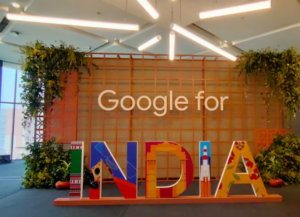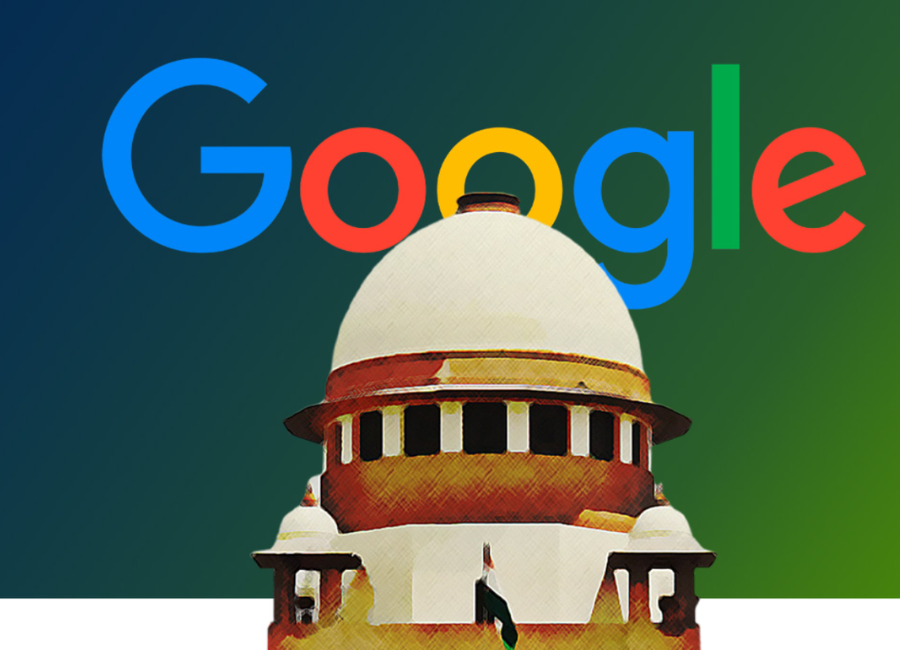The Supreme Court has agreed to hear appeals from ten Indian startups regarding the Google Play billing policy matter on March 19. This decision comes after the Madras High Court dismissed complaints filed by these startups last year, stating that the issue falls within the jurisdiction of the Competition Commission of India (CCI) and the Reserve Bank of India (RBI). The startups had challenged Google’s new billing policy on various grounds but were unsuccessful in their initial legal endeavors.
Despite agreeing to hear the appeals, the Supreme Court declined to grant interim relief to the startups, which had requested that Google refrain from removing their apps from the Play Store while the appeals were pending. Consequently, the startups sought assurance from Google itself to avoid taking any adverse action during the ongoing legal proceedings. If Google does not comply, the apps belonging to the complainants face the risk of either adhering to the new billing policy or being removed from the Play Store.
The legal battle between these startups and Google dates back to April 2023 when Matrimony.com was the first to challenge Google’s billing policy in court. The Madras High Court granted Matrimony.com a temporary injunction, preventing Google from delisting its apps from the Play Store, even if they did not comply with the new billing policy. This injunction was initially valid until June 1, 2023.

In June and July 2023, eight more startups joined Matrimony.com’s legal challenge, followed by five more in July. The Madras High Court extended the interim injunction granted to Matrimony.com to all these startups, directing Google not to remove their apps from the Play Store. However, the court also instructed the companies to pay Google a 4 percent commission while the legal proceedings were ongoing.
In August 2023, a single judge of the Madras High Court dismissed the petitions filed by the startups, asserting that the matter fell under the purview of the competition regulator and the RBI. Subsequently, the startups appealed this decision. In January 2024, a division bench of the Madras High Court upheld the single judge’s order and dismissed the petitions. Nevertheless, the court allowed the earlier interim protection prohibiting Google from delisting the apps to continue for three more weeks. Following the expiration of this interim protection on February 9, 2024, Google became authorized to remove the apps of the complainants if they were found to be in violation of the billing policy.
On February 12, 2024, the Supreme Court accepted the appeals filed by the startups, issuing a notice to Google and scheduling the next hearing for March 19. However, the court declined to provide interim protection to the startups, allowing Google to delist their apps from the Play Store if it chose to do so.
Additionally, the Competition Commission of India (CCI) is investigating Google Play’s billing policy. After developers raised concerns that the policy did not comply with the antitrust order issued by CCI in October 2022, the competition regulator initiated an inquiry into the matter. However, the current status of this investigation remains undisclosed.









